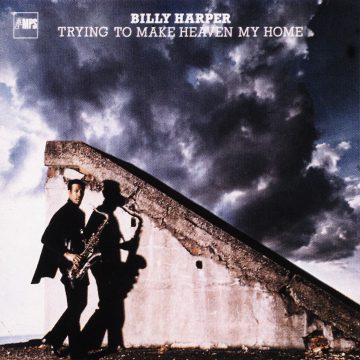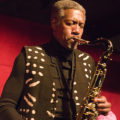Information
Genre |
Jazz |
Release Date |
01.01.1979 |
Information
One of the best-known players of the post-Coltrane generation, Texas tenor saxophonist Billy Harper earned his spurs with Art Blakey, Randy Weston, Gil Evans, and Max Roach. This 1979 album features Harper’s then-current working group. Fellow Texan Malcolm Pinson and Harper have been playing partners since high school. Bassist Wayne Dockery gained recognition through his work with Art Blakey; trumpeter Everett Hollins’ roots are grounded in rhythm and blues including work with the legendary Otis Redding, and pianist Armen Donelian worked with jazz giants Lionel Hampton and Sonny Rollins. Harper grew up in the Church and credits that black spiritual heritage as a major influence on his music and world view, one similar to Coltrane’s. For Harper, spirituality is non-denominational: it’s about a universal truth. On the album, Harper’s compositions reflect on the spiritual a City Called Heaven and other gospel songs of his youth. The 18 minute Trying To Make Heaven My Home is infused with gospel, blues, and the incandescent spiritual striving that so impregnated Coltrane’s later works. Pinson’s fiery drum intro ignites Inside as the quintet races through the changes at breakneck speed. An incendiary sax and drum duet catapults the band back into the theme. Love On The Sudan is a recognition of Africa’s rhythmic and spiritual impact on Harper’s music as well as Western civilization. German jazz guru Joachim-Ernst Berendt called the album “a major piece of Black American Classical Music.” Deserved praise for a sublime recording.
Information
Genre |
Jazz |
Release Date |
01.01.1979 |



